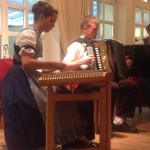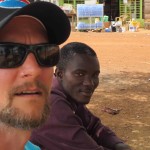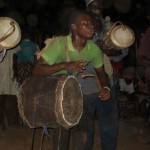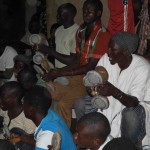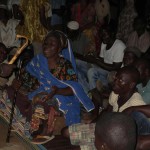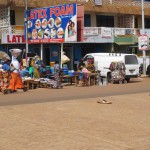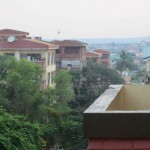Tagged: summer2013
From the Alps
Doctoral student Andrea Lieberherr Douglass (Ethnomusicology) reports from Switzerland with her family where she is doing additional fieldwork for her dissertation.

I’m in Switzerland with my family for six weeks this summer to conduct additional field research. At the moment we are staying three weeks in the Appenzell area of Switzerland, in the same small town we lived in last year for seven months. Then we are staying for three weeks in the adjacent valley, the Toggenburg. The Appenzell and the Toggenburg comprise the Alpstein, the geographic area where the Streichmusik I’m studying is located. Mostly I am here conducting interviews with performers, politicians, cultural organizers and tourist bureaus. Through the Zentrum für Appenzellische Volksmusik (Center for Appenzeller Volksmusik) my husband and I are participating in some rehearsals and performances of Streichmusik. I’m also attending alpine festivals that include music and dance, performances in restaurants and concerts as well as musical and theatrical celebrations of the 500 year anniversary of Appenzell joining Switzerland.
Out of Africa
Doctoral student Karl Haas (Ethnomusicology) is spending 12 weeks in Ghana this summer doing fieldwork for his dissertation, courtesy of a predoctoral grant he received from the West African Research Association. Karl is researching drumming in tribes of Ghana.
Pictured below are pictures of of Karl and his research assistant, Fatawu, scenes from Accra and Tamale, and a performance of Dikala. Karl explains, "The Dikala involves drumming, singing, and the playing of metal clappers called "sabaani". The music is for when VIPs, such as chiefs or political dignitaries, die, and the sabaani are played by blacksmiths. In Morocco, Tunisia, and Algeria, descendants of sub-Saharan slaves play trance music involving these metal clappers, but their use in West Africa has all but disappeared. This may actually be the only place they are still used. Picture from Tamale, Ghana."

